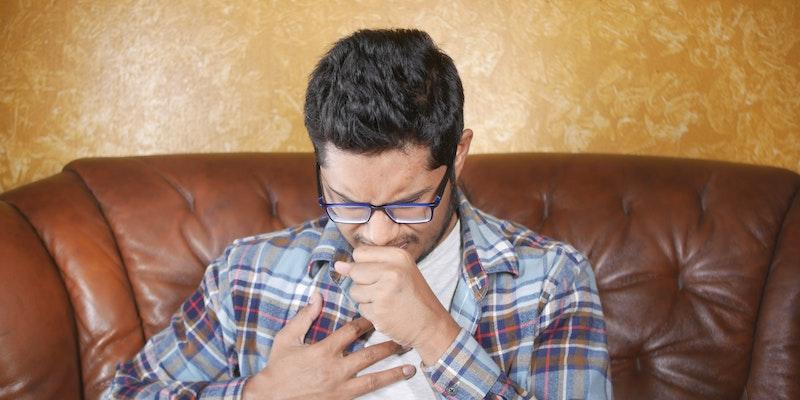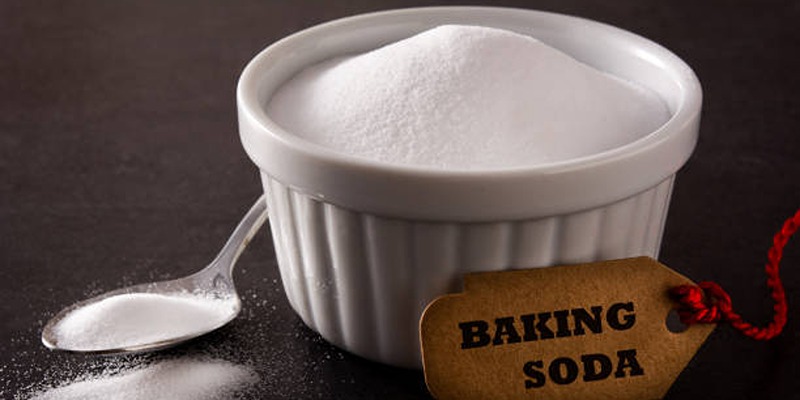Having to deal with a cough now and then is typically not a significant issue. In truth, most people are entirely oblivious to their coughing. But there are some circumstances, including persistent coughing, that warrant attention. Suppose your cough becomes painful or uncomfortable or occurs more frequently than usual. Persistent cough is one of the most common symptoms of pneumonia. It is usually drier than a regular cough.
However, you might not immediately recognize the coughing as a sign of pneumonia. Some indicators like coughing and its type can help you know if the cough you're experiencing is pneumonia. There are two types of cough:
- Dry cough
- Wet cough.
What Kind of Cough is an Indication of Pneumonia?
Typically, the dry phase of this cough for a long time changes into a moist one. It's common, and it frequently comes with mucus that's yellow, green, or red. Fever, trouble breathing, pain upon heavy breathing, chills, and other symptoms may be present.
The Coughing Symptoms of Pneumonia
Pneumonia is a disease that results from inflammation in air sacs, and its main symptom is cough. Coughing is a common symptom of pneumonia, which fungi, viruses, and bacteria can cause. The mucus that cough produces might be from green to yellow to blood red.
Sound of a Pneumonia Cough
You may experience a pneumonia dry cough, depending on your pneumonia strain. More severe cases of bacterial pneumonia are a gurgling sound on the production of mucus or phlegm with each cough. However, a person with pneumonia will have a deeper cough than someone without the disease, which may also be audible easily. In the last stage of a pneumonia cough, you can see an increase in the frequency.
What Does a Pneumonia Cough Sound Like
Depending on the type and severity of your pneumonia, you may or may not be coughing up any of the following, or you might not even have a cough during the initial stages of viral pneumonia. In most cases, something comes out when a patient with pneumonia coughs.
Bloody mucus is a common symptom of a pneumonia cough. Blood-tinged mucus is always abnormal and needs diagnosis. But a severe cough can break a blood vessel, turning mucus red.
However, pneumonia isn't usually the cause of a productive cough. Other medical issues that might cause a wet cough include:
- Bronchitis
- Asthma
- Inflammation and infection of the airway walls
- Problems with breathing
- Problems with digestion are symptoms of a hereditary disorder known as cystic fibrosis.8
- Influenza
Recognizing the Symptoms of Pneumonia

By coughing alone, you can't tell if someone has pneumonia. Still, you should think about your other symptoms because there is a set of symptoms that are often linked to pneumonia.
Thinking about your cough in terms of how your illness is getting worse may also help. Other lung diseases, like the common cold, flu, and coronavirus, can be caused by pneumonia. But if a cough that has been around for a while with other cold and flu symptoms changes or worsens, it could be a sign of pneumonia.
So, if you're worried about anything, you should see a doctor. Your doctor might do tests based on your symptoms to determine if you have pneumonia.
How Physicians Will Identify Pneumonia?
The doctor will base their assessment on your symptoms, health background, and test results. They will assess your risk factors and the severity of your condition. And these Important potential dangers include:
- Age
- Evidence of Vaccination
- Additional Health Issues
- Toxins and other environmental hazards
- Habits like smoking and excessive alcohol consumption
The primary evaluations they will conduct are:
Testing numbers of white blood cells
Testing, which includes determining the number of white blood cells in the body, is used to know about the patient's immune system because it tells about the body's immune strength.
Testing through X-ray
Inflammation in the lungs is evident on a chest x-ray. That helps in understanding the lung situation.
Pulse oximetry
Pulse oximetry is used to measure the saturation of oxygen in blood.
Your doctor may order further tests if you're in hospital. For another ailment or you're experiencing severe symptoms.
How to Get Rid of Pneumonia Cough
Coughing due to pneumonia will be treated under the underlying cause. If you do not treat pneumonia, coughing will not go away. Medication and home cures are both common approaches to treating pneumonia.
Medications
Antibiotics are the standard treatment for the illness and the accompanying cough when a doctor diagnoses bacterial pneumonia. For a few days, you should feel better thanks to the antibiotics. And remember to finish the course of antibiotics your doctor has prescribed you. Failure to do so raises the risk of the pneumonia returning and drug resistance developing.
Since antibiotics are ineffective against viruses, they may recommend an antiviral medicine. However, not all pneumonia-causing viruses can be treated with antiviral drugs. If you have fungal pneumonia, your doctor will prescribe you medication that treats fungi.
However, Coughing may not completely go away until the infection can be treated, but these drugs will save you in the meantime.
Home-Based Therapies

In the meantime, doctors recommend using these measures to alleviate your cough.
Take in lots of fluids.
Any liquid helps with mucus production. Plenty of fluids might help ease the coughing up phlegm by lubricating the respiratory tract and warding off dehydration.
Take steam baths
You can use a humidifier for this or spend time in a hot shower. You can take your bacteria out by inhaling humidified vapor. The steam will clean your airways if you're having trouble breathing.
Take rest
To fight off the illness, get enough rest. Return to work or school once you feel all good and recovered, and your doctor has given the all-clear.
Taking cough suppressants
A cough suppressant might help, and they are effective when you have trouble sleeping because of a cough. However, before taking any cough suppressants, you should consult your doctor, as coughing might aid the body in expelling an infection.




